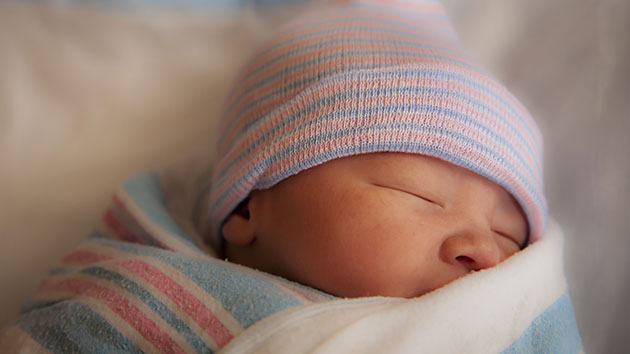-
Tips for becoming a good boxer - November 6, 2020
-
7 expert tips for making your hens night a memorable one - November 6, 2020
-
5 reasons to host your Christmas party on a cruise boat - November 6, 2020
-
What to do when you’re charged with a crime - November 6, 2020
-
Should you get one or multiple dogs? Here’s all you need to know - November 3, 2020
-
A Guide: How to Build Your Very Own Magic Mirror - February 14, 2019
-
Our Top Inspirational Baseball Stars - November 24, 2018
-
Five Tech Tools That Will Help You Turn Your Blog into a Business - November 24, 2018
-
How to Indulge on Vacation without Expanding Your Waist - November 9, 2018
-
5 Strategies for Businesses to Appeal to Today’s Increasingly Mobile-Crazed Customers - November 9, 2018
Many new moms get ‘bad’ advice, according to a new study
The team surveyed a sample of over 1,000 new mothers, inquiring about infant care advice they received from doctors, nurses, family members and the news media. But a new study reveals that up to half of mothers don’t get any advice from their doctors on some important topics, including where and how to put their infant to sleep.
Advertisement
“Earlier studies have shown that new mothers listen to their physicians”, said Marian Willinger, Ph.D., of the Pregnancy and Perinatology Branch at NIH’s Eunice Kennedy Shriver National Institute of Child Health and Human Development (NICHD), in a press release. That number jumped to 25 percent in terms of advice on infant sleeping positions. Approximately 20% to 56% of mothers reported advice from family and media for infant care practices, and a significant proportion of this advice was not consistent with recommendations.
Sleep location included whether babies sleep in their own bed or share a bed with parents, and if they sleep in their own room or their parents’ room.
Health care practitioner groups have issued recommendations and guidelines on all these aspects of infant care, based on research which has found that certain practices can prevent disease and even save lives.
“Reasons may include a lack of knowledge of the recommendations, a perception of controversy surrounding the recommendations, or actual disagreement with the recommendations” Dr. Staci Eisenberg, pediatrician at Boston Medical Center and one of the authors of the study, told CBS News in an email.
Mothers got most of their advice from doctors. Of the 26% who did receive physician advice regarding pacifier use, only 43% received recommendation consistent advice from their physicians.
The authors of the study said some physicians may hesitate to give a recommendation because they might disagree with it or because they think it is controversial, but they also might be facing time constraints during busy office hours.
The study was published online July 27 in Pediatrics. Their children were between 2 months and 6 months old. African American, Hispanic, and first time mothers were more likely to receive guidance from physicians than their white mother counterparts and mothers who had children already. The questionnaire would show whether the mothers received advice and, if so, whether the advice was consistent with health care practitioner latest recommendations. This study is limited by self-reporting, and actual advice may differ from what mothers reported on surveys.
For example, the American Academy of Pediatrics (AAP) recommends that caregivers always place a baby on his or her back for sleep at night and for naps. “But I would encourage parents to ask questions if they don’t feel like their provider has been entirely clear, or if they have any questions about the recommendations”.
Advertisement
“We would hope that doctors are not making assumptions about which moms need information and which don’t”, Eisenberg says.





























